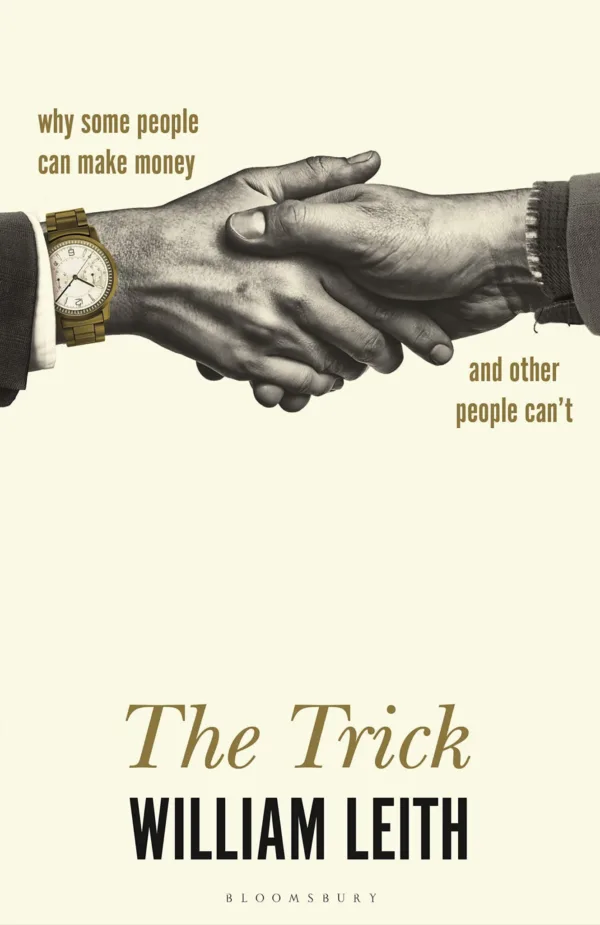The Hungry Years
In his twenties, Leith’s weight had risen steadily. In his early thirties, he was slim again, but then, predictably, his weight began to creep up — and up, and up. At his worst he was driven to the kitchen, manically consuming slice after slice of buttered toast, lusting after chips, bacon sandwiches and peanut butter, wracked by a need that was emotional as well as physical.
Fat has been called a feminist issue. But in this unflinching investigation into the bodily consequences and psychological pain of being overweight, Leith reveals how it affects us all. Our fat society, he tells us, is a lot like him: always hiding from the truth about itself. THE HUNGRY YEARS charts fascinating new territory for everyone who has ever had a craving or counted a calorie. It is a story of food, fat, and addiction that is both funny and heart-wrenching.
Reviews
THE HUNGRY YEARS is a confessional, satirical, wise, tragic, truly original book about addiction, food and what’s really inside a fat man that’s trying to get out. THE HUNGRY YEARS defies categorisation - it’s part memoir, part diet book, part comedy, and part sugar rush. It’s the first real book about body image for men, and it breaks taboos, breaks new ground, and breaks your heart. William Leith has finally fulfilled his always huge potential. I loved it.
This hilarious, self-lacerating memoir of a compulsive eater is a superb book. I feel about THE HUNGRY YEARS the way William Leith feels about buttered toast: I couldn't get enough and I panicked when I was reaching the end. William Leith has always been one of our best nonfiction writers and this is his crowning achievement.
If you believe the notion that everyone has a book that they were born to write, William Leith's is undoubtedly THE HUNGRY YEARS. Subtitled "The Confessions of a Food Addict", it is a wonderfully inventive, typically candid account of a life lived through consumption (of carbohydrates and sugar and sex and drink and drugs and painkillers). More than that, though, it is a sustained examination of the way we live now, a desperate and funny despatch from the front line of binge culture.
It is hard to believe that there is a single person alive - at least, not in the developed world - for whom this book would not be of abiding interest. When it comes to an audience, Leith should be packing them in... It is Leith's addiction to bad food, and his analysis of the hurt this addiction has caused him and countless millions - his funny, sad, clinical willingness to detail the everyday humiliations of bulk - that really gives his book its strange resonance.
The subject of this book is compulsion and it is compulsively readable. I gulped it down in a couple of greedy bites, rather in the way that William Leith tells us he used to eat his food. But his book is a good deal more substantial than the sugar rushes he once craved. It is a powerful memoir with areas of real depth... a fast read, well-packaged, full of guilty pleasures, [with] unusual qualities of heart and daring.
As a diet book, it approaches its science (the miracle of the Atkins diet) with fizzing, big-hearted polemic. As a memoir and as comedy, it succeeds beautifully. As a sugar rush, it is definitely compulsive, though not nauseating, which I suppose would put it at the Green & Black's end of confectionery. As a confessional, it is pretty much a masterclass - frank, tough-minded, funny, generous and not so self-involved that it cannot, interestingly and at length, branch into matters beyond its hero and his tum.
Bridget Jones with a Y chromosome and intellectual ambition
Wincingly honest... [A] brilliant sort-of memoir
Leith’s account stands as a highly engaging testament to fighting one’s demons that will probably hit closer to home than most would expect. Read it, devour it, learn from it. Just try not to become addicted to it.
This is a rare dispatch from the shores of the male psyche: one man’s frank account of his relationship with food and how he used it as an emotional prop... he turns an informed eye on his sugar-filled, fat-drenched diet. Women should read it to find out how men think about food, and much more.
Inspirational, heart-warming, and unsqueamishly honest.
THE HUNGRY YEARS is no mere diet diary: it is a meditation on consumer culture, insecurity, collective neurosis and addiction.
His humorous anecdotes, compelling interviews and sobering statistics provide convincing arguments against processed foods, government nutritional requirements and other evils of the food chain.
As grisly and compulsive as the author’s desire for food.
His clear, analytically precise, yet emotive prose, at times almost shockingly so, gives us some insight into what it is that makes us so dysfunctional.
He creates his own language of addiction, and this makes the book itself addictive.
Showing 5 of 16 reviews





